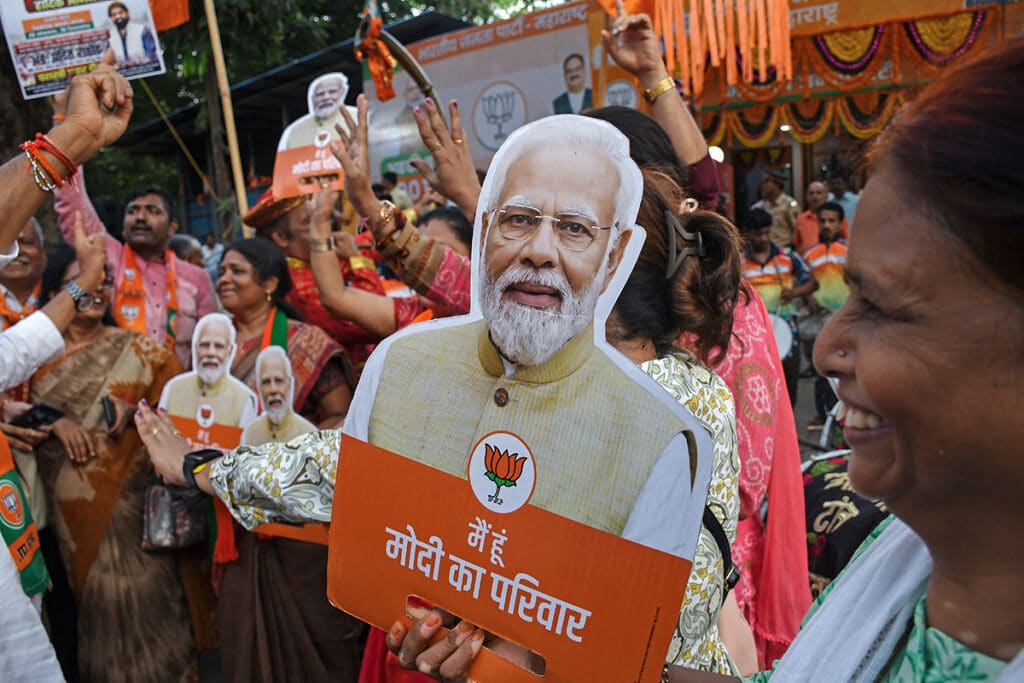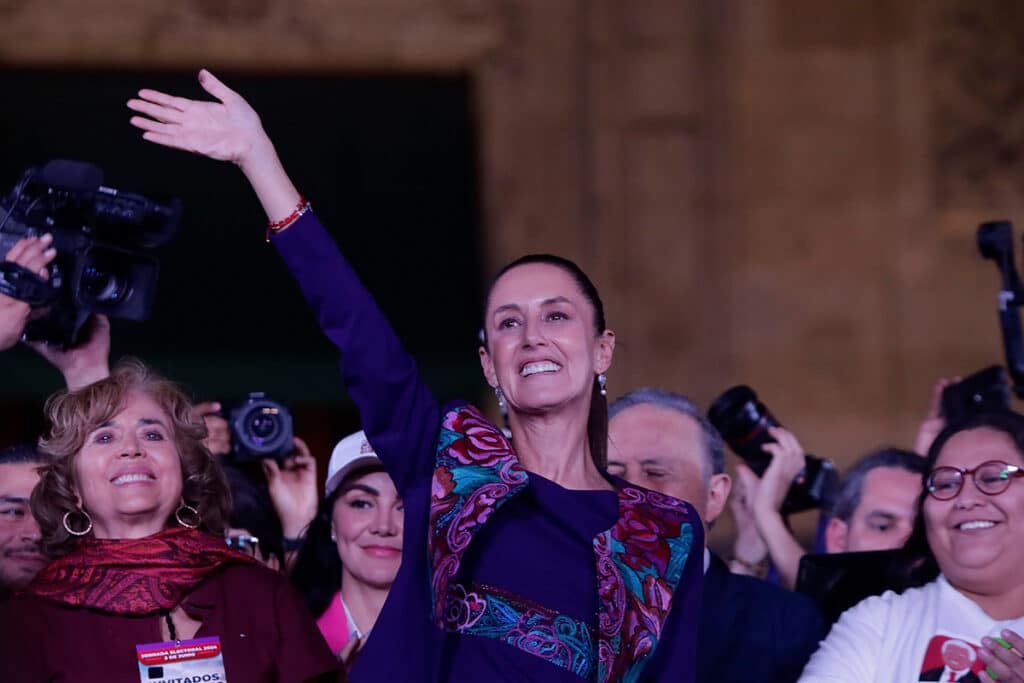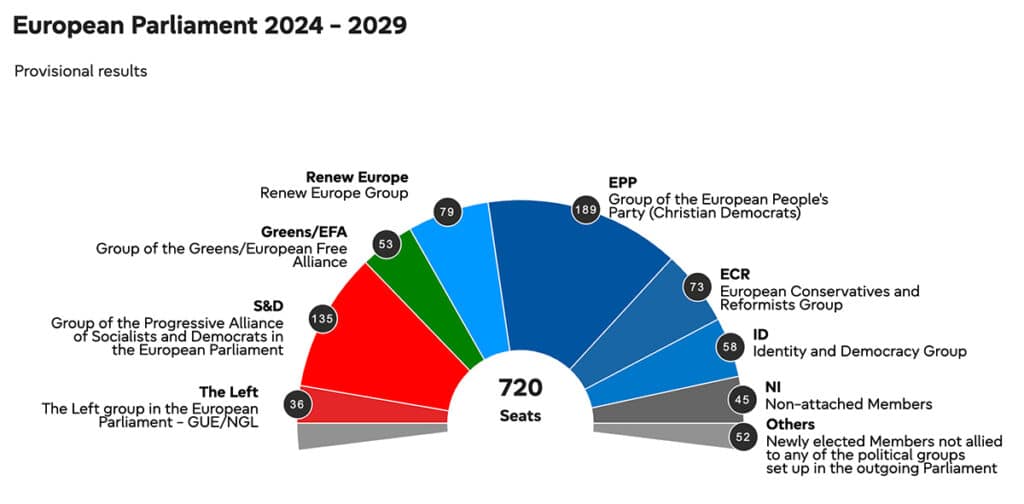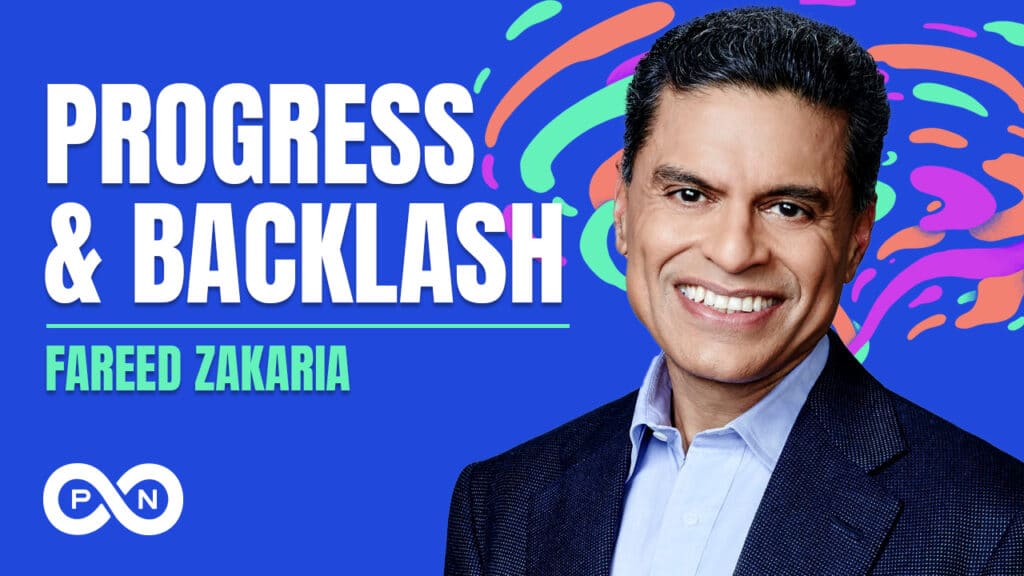Volcanoes are erupting in The Philippines, but on-fire Australia received some welcome rain. The Iran war cries have been called off and The Donald’s military powers are about to be hamstrung by the Senate. Meanwhile, his impeachment trial is starting, and we’re all on Twitter for a front-row seat.
What Could Go Right? People Power
Surprising results in recent global elections show that voters are having their say.
This is our weekly newsletter, What Could Go Right? Sign up here to receive it in your inbox every Thursday at 5am ET. You can read past issues here.
People Power
This year, more people will head to the polls than any other year in history. With several major elections being held worldwide, 2024 has been dubbed “the mother of all election years,” among many other epithets.
Six months in is a good time for an update, especially since the past two weeks have seen a handful of elections with particularly interesting outcomes. In the cases below, regardless of outcome, democracy has clearly been at work, with voters often having a say that defied expectations.
India
What: General elections
When: Ended June 1

In India, a landslide victory for the party of the incumbent, Prime Minister Narendra Modi, was expected in its recent general elections. Instead, voters “clipped his wings,” as CNN host Fareed Zakaria put it, with Modi’s party failing to secure an outright majority in the lower house of parliament. Modi must now put together a coalition government in order to govern. It’s a sign that Indians are not willing to wholeheartedly support the strongman leader’s recent forays into authoritarianism and Hindu nationalism, even if he has delivered a flourishing economy.
Mexico
What: General and local elections
When: June 2

Claudia Sheinbaum is set to become Mexico’s first female president. She is also Jewish, the former mayor of Mexico City, and a climate scientist. Sheinbaum won with almost 60 percent of the vote in an election with the highest voter turnout in Mexico’s history, and is seen as a continuation of the country’s current president, López Obrador, who is popular with Mexico’s working class.
The Progress Network Member Isaac Saul has more on reactions from inside Mexico here, including from detractors who worry about Mexico’s democratic institutions, Obrador’s failure to rein in cartel violence, and runaway spending. I should note, too, that Mexico’s election season was bloody: according to CNN, at least 34 candidates were assassinated by organized crime networks.
Europe
What: European Parliament elections
When: June 6–9
Many questioned just how far to the far-right last weekend’s European Parliament (EP) elections would go. While there were big far-right gains in Italy, Austria, parts of Germany, and most notably in France, where its president, Emmanuel Macron, will now hold a snap election, the results across the continent were mixed.
There was no far-right surge in Spain; the far-right was beaten in Slovakia, Croatia, Portugal, Sweden, and Finland, underperformed in Romania and Bulgaria, and was even dealt a blow in Hungary. In Greece, the Netherlands, and Denmark, the far-right rose only slightly. In Poland, voters recently ousted their far-right prime minister and seemed to double-down on that decision as the party of their new, center-left one came out on top.

Overall, the composition of the EP moved from about 20 percent far-right to about 24 percent, made up primarily of members from France, Italy, Poland, Germany, and Hungary, analyzes The Conversation.
Just for fun
In Cyprus, a 24-year-old YouTuber with no political experience was elected into the EP as an independent. He didn’t mean to win, just “motivate young people to get involved in politics,” per the BBC. It seems he has accomplished that already, driving up voter turnout as compared to the last election in 2019.
Who is next?
Mauritania, Iran, Mongolia, and Thailand all have upcoming elections in June. Mauritania will hopefully continue a fresh trend of peaceful transitions of power; they had their first in 2019. And Thailand’s senatorial elections will be an indicator of the state of democracy there after years of military control. Last year, a new political party won control of Parliament but was blocked from taking power.
Parliamentary elections originally scheduled to be held in the Iraqi Kurdistan region on June 10 have been postponed for at least several months.
What Could Go Right? S6 E9

When we hear the word revolution, we often think of the bloody conflicts of the past. But what constitutes a modern-day revolution within our current economic system and forms of government? Both parties within American politics have seen cultural revolutions and shifting value sets with each decade. Zachary and Emma discuss these changes with CNN host, journalist, and author Fareed Zakaria. His latest book, Age of Revolutions, explores past and present conflicts that define the polarized and unstable age in which we live. | Listen now
By the Numbers
66%: The drop in teenage abortions in Finland between 2000 and 2023, helped by free contraception.
2.8M: The number of Cambodians lifted out of poverty in the last seven years.
627M: The increase in mobile money accounts, which provide people with basic financial services and are key in countries with limited banking infrastructure, between 2010 and 2023.
19.2%: The drop in heart disease deaths attributed to pollution between 2010 and 2019 in Europe.
Quick Hits
📈 In their mid-2024 report, the United Nations has forecasted bigger growth for the world economy than previously expected, at 2.7 percent in 2024 and 2.8 percent in 2025. The increase is being driven predominantly by the US as well as the large emerging economies of Brazil, India, and Russia. Poorer countries, however, are struggling.
🐘 A new study making the rounds on the internet shows that African wild elephants call one another by their names, suggesting that the animals may have a more sophisticated intelligence and social bonds than we know.
☀️ At 33,000 acres, the world’s biggest solar farm, in China, has come online. China was responsible for 63 percent of global solar installation in 2023.
📱 New York has passed two laws limiting children’s exposure to social media algorithms, one that restricts addictive feeds and notifications from them, and another that prohibits sites from collecting, using, sharing, or selling data from anyone under the age of 18.
🪵 A German company has installed the first set of prototype wooden blades on wind turbines in the country. Wooden blades may be a potential solution to the fiberglass blades currently in use worldwide, which cannot be recycled.
⚖️ A recently passed bill will mean that in England, Wales, and Scotland, a parent whose spouse dies during childbirth or soon after will have an automatic right to paternity leave. The law was updated after a real-life situation in which a British father, new to his company, was unsure whether he had the right to parental leave when his wife died giving birth to their son.
🍎 What used to be rare—free meals in school—has now become mainstream, with 21 million American kids now in schools that offer them, a tenfold increase from 2010. (“That’s mean,” one third grader remarked of schools that require families to pay.) (NYT $)
🧬 Scientists in the United Kingdom have found a major cause of inflammatory bowel disease: a section of DNA that regulates inflammation. The same team also found already existing drugs that seem to reverse the disease and are aiming for human trials to test them within five years.
🏗️ Paris’ Olympic Village, where the athletes stay during the Games, was designed as sustainable, affordable housing that will be ready for normal residents to move into within a year after the Olympics end. This plan is unlike previous Olympic hosts’, which have often left behind unusable buildings.
👀 What we’re watching: Hamas has asked for numerous changes to a US-backed ceasefire and hostage release deal, but it is still on the table.
💡 Editor’s pick: What is an advance market commitment (AMC) and how can they be used to help the world? This is a practical guide for how to create one; while not many of us have the resources to do that, learning about AMCs’ history and potential is fascinating.
TPN Member Originals
(Who are our Members? Get to know them.)
- Dr. Fauci’s testimony before Congress | Tangle | Isaac Saul
- Biden’s new asylum rules | Tangle | Isaac Saul
- Trump’s guilty verdict is a historic first, but will it matter? | GZERO | Ian Bremmer
- Why Miami’s approach to addiction is working | NYT ($) | Maia Szalavitz
- Progressive elites and their sins | NYT ($) | David Brooks
- Trump and the N-word | NYT ($) | John McWhorter
 Nick Bostrom on life in an AI utopia | Faster, Please! | James Pethokoukis
Nick Bostrom on life in an AI utopia | Faster, Please! | James Pethokoukis- You’re not perfect | The Atlantic ($) | Arthur C. Brooks
- Wealth hoarders | No Mercy/No Malice | Scott Galloway
Correction: A previous version of this article stated that Claudia Sheinbaum was the first woman to have won a national election in the US, Mexico, or Canada. Kim Campbell, former prime minister of Canada, was the first.


